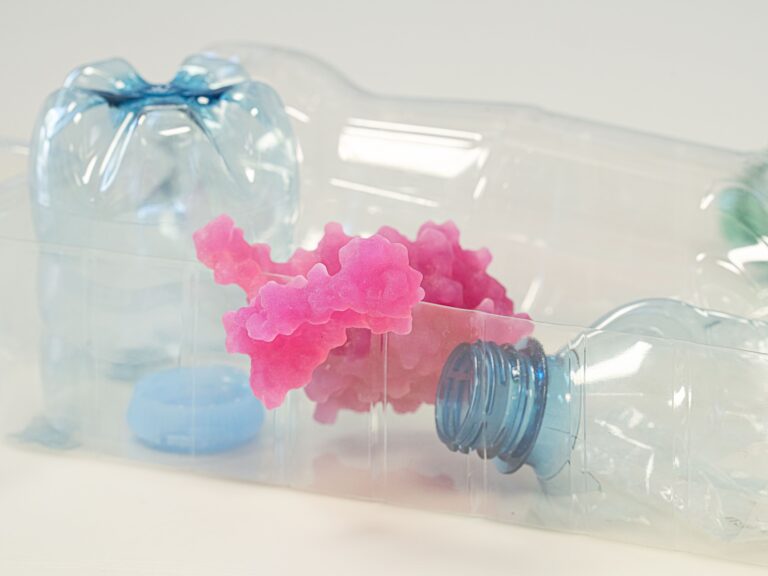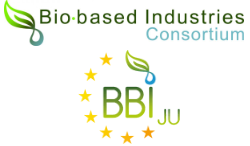Author: Arno Cordes, ASA Spezialenzyme GmbH
Since more than 70 years enzymes are used in different industrial areas as detergents, food and feed, textile and paper processing. Mainly employed enzymes are proteases, amylases, pectinases, cellulases and hemicellulases. The worldwide turnover for technical enzymes was estimated to be around 10 billion USD in 2020.
Beside these fields of application the use of enzymes in environmental technologies has become of increasing interest. Examples are the degumming of oil by phospholipase or the detoxification of phenolic xenobiotics in wastewater by laccases or peroxidases. Among environmental applications the development of enzymatic recycling processes have been specially targeted. The use of cellulase and xylanase in paper deinking is industrially established since many years. Also the recycling of organic municipal wastes by means of cellulases, hemicellulases and amylases has been recently scaled up to industrial dimensions.
Enzymatic recycling of plastic material
The global annual production of plastics has been estimated to reach 400 million tons, of which roughly 40% are discarded. The major problem is the rapid accumulation of plastics into the environment causing a big environmental threat. Current plastic waste management approaches as applying physical, thermal, and chemical treatments have severe limitations leading to the loss of valuable materials and resources.
Enzymatic degradation and conversion of plastics present a promising approach toward sustainable recycling of plastics and plastics building blocks. However, the search for novel enzymes that efficiently operate in cost-effective, large-scale plastics degradation processes poses three basic challenges. Due to the fact, that all types of plastic compounds are insoluble in water (at least at temperatures below 70°C) enzymes hardly get access to the plastic matrix. Therefore plastic degrading enzymes need to be thermostable and have to work at high temperatures.
Secondly enzymes currently used for the cleavage of plastic structures as i.e. PET need to be further developed by molecular biological means as random or site-directed mutagenesis in order to achieve enzymes with higher efficiency.
One major problem are the low enzymatic activities exhibited by the recombinant host strains developed so far, having a strong impact on the production costs of the plastic degrading enzymes.
ENZYCLE – the way to highly effective plastic degrading enzymes
The first challenge was solved by the project partners University of Leipzig and Wageningen University & Research by generating recombinant strains of E. coli and Pichia pastoris, which are able to express thermophile enzymes as Leaf-branch compost cutinase (LCC) and Polyester hydrolase (PHL7). These enzymes are able to degrade PET structures at temperatures beyond 70°C.
The second group of biocatalysts, which will be dealt with, are polyolefins degrading enzymes. These enzymes will be isolated by the project partner DARWIN and cloned into suitable host strains.
Finally economically competitive production processes will be developed for the enzymes provided by the project partners. This task to be done by ASA covers the increase of enzyme yield of the fermentation process, the downstream processing as well as the scale up.
Considering the large quantity of PET waste arising annually, it becomes obvious, that there is a huge market potential for enzymatic recycling. However, this market can be opened up only by enzymatic processes, which are competitive to physical or chemical treatments used currently. This in turn requires the successful development of high-yield production processes for the cutinases within the scope of the ENZYCLE project. Thus, for companies like ASA the ENZYCLE project offers a good opportunity to enter new attractive markets with new thermostable cutinases.
Picture credits: Astrid Preisz/acib GmbH




